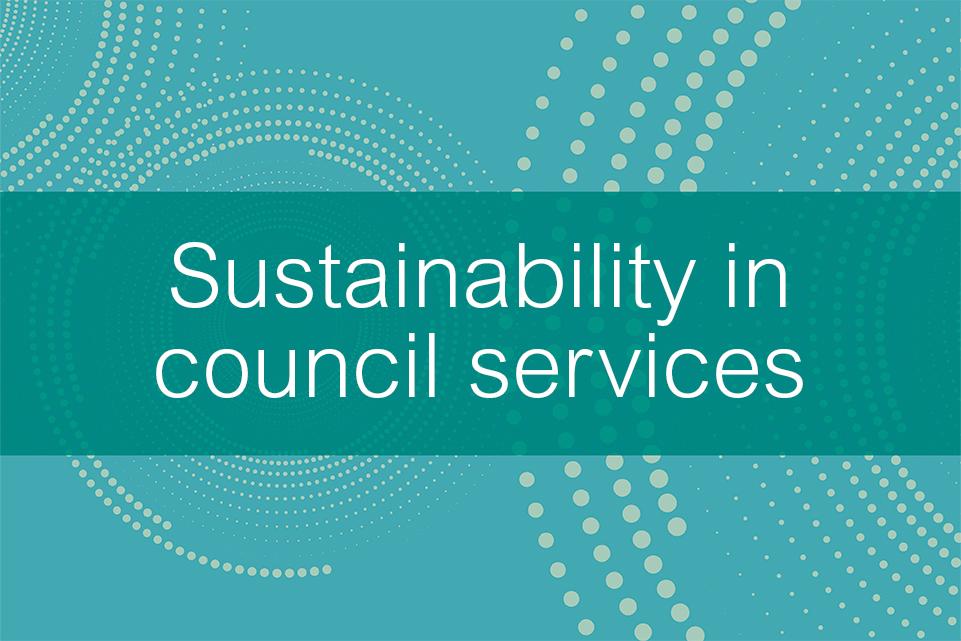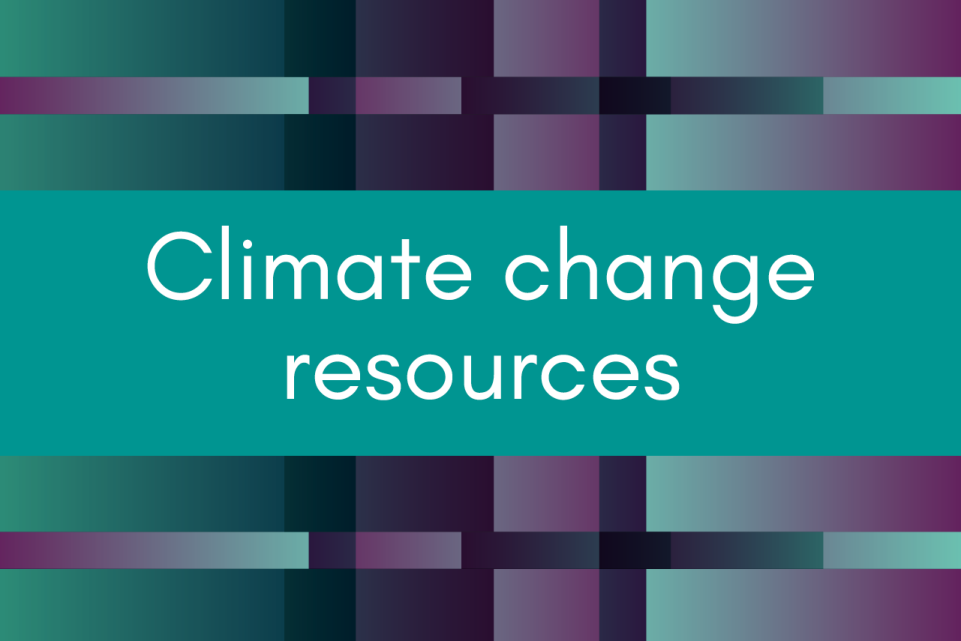Take a look at the key findings of the Sustainability in Council Services Innovation Lab.
The Sustainability in Council Services Innovation Lab discussions and resulting interventions covered several cross-cutting themes.
- Thinking systemically
Rethinking systems can provide opportunities to innovate, align with other services, learn from practices being implemented elsewhere, and share knowledge gained from changing how we do things. Considering the whole system can lead to lasting change. A circular economy approach could increase efficiency and save time and money. - Co-benefits and multi-solving
Considering the co-benefits of interventions can lead to multi-solving – tackling multiple issues alongside the main sustainability goal. This could include positive impacts on health, wellbeing, education, skills and learning, jobs, the local economy, equity, and resilience. - The ‘real’ cost of being unsustainable
Considering the ‘real’ cost of unsustainable practices can be a driver to change and to invest money, time and resources into doing things differently. It is important to think about what we value and how we measure that value, considering the co-benefits of more sustainable services. - Policy as an enabler
A council’s strategy and policies can enable staff to innovate and do things differently. They can also be an opportunity to collaborate with other councils and organisations and have a bigger impact. - Funding and investment
Funding can enable investment in infrastructure, support grassroots projects, and drive action. By considering how council-controlled funding is allocated, and factors such as longer-term support to sustain projects, councils can make interventions possible. - Communication and knowledge sharing and exchange
Learning from experience can help councils make the business case for new projects and provide insight to improve existing services. Knowledge can be shared and exchanged through collaboration, and fed into communications with partners and the community. - Leadership by councils
Councils can use their significant influence to lead by example on tackling the climate and nature emergencies through innovation in social, environmental and economic aspects of sustainability. - Education, training and skills leading to green jobs
Exploring opportunities to develop education and training can build skills and knowledge within councils and communities, leading to green jobs. This can challenge mindsets and build values that lead to behaviour change. - Technology and innovation are not the only solution
Focusing on people, community-building and engagement is crucial. There are opportunities for collaboration with universities and industry to test innovations, but solutions must be co-created. - Don’t be afraid to fail
Adopting new approaches and setting up projects to drive action can result in unexpected outcomes. If things don’t go to plan, there are still opportunities to learn and benefit from innovation and change.


